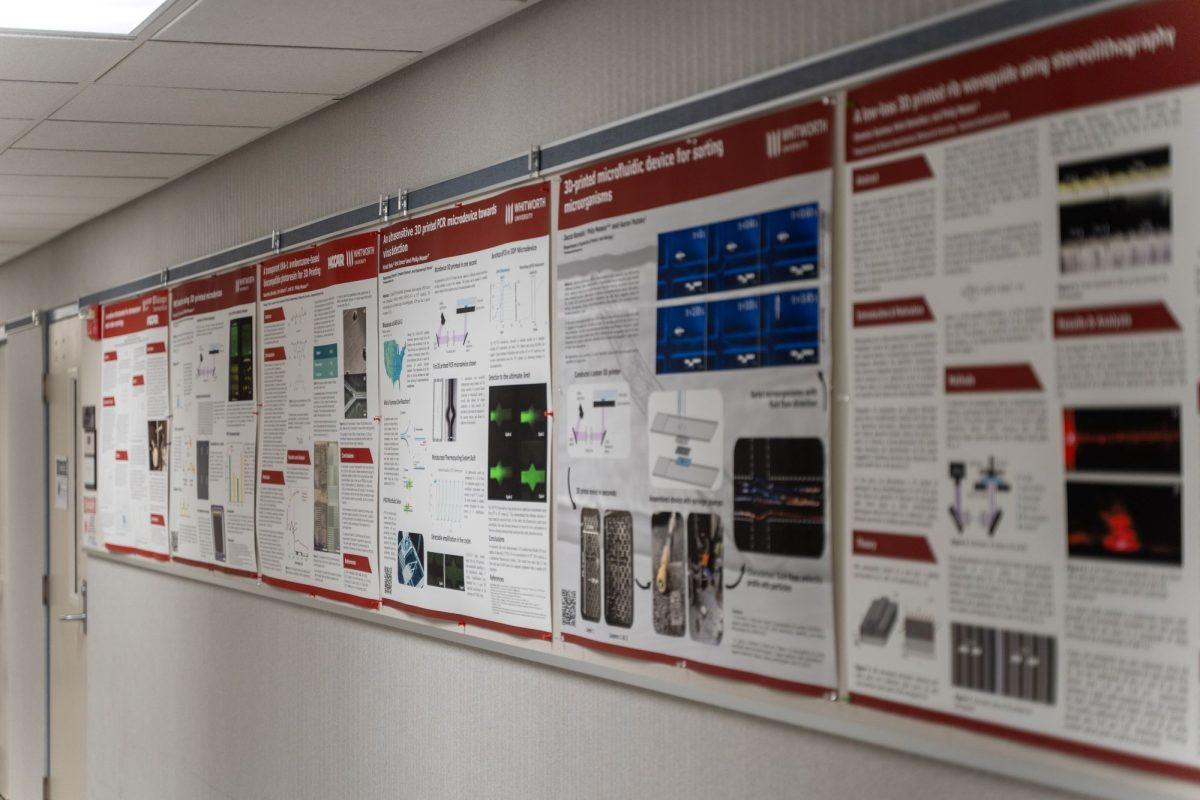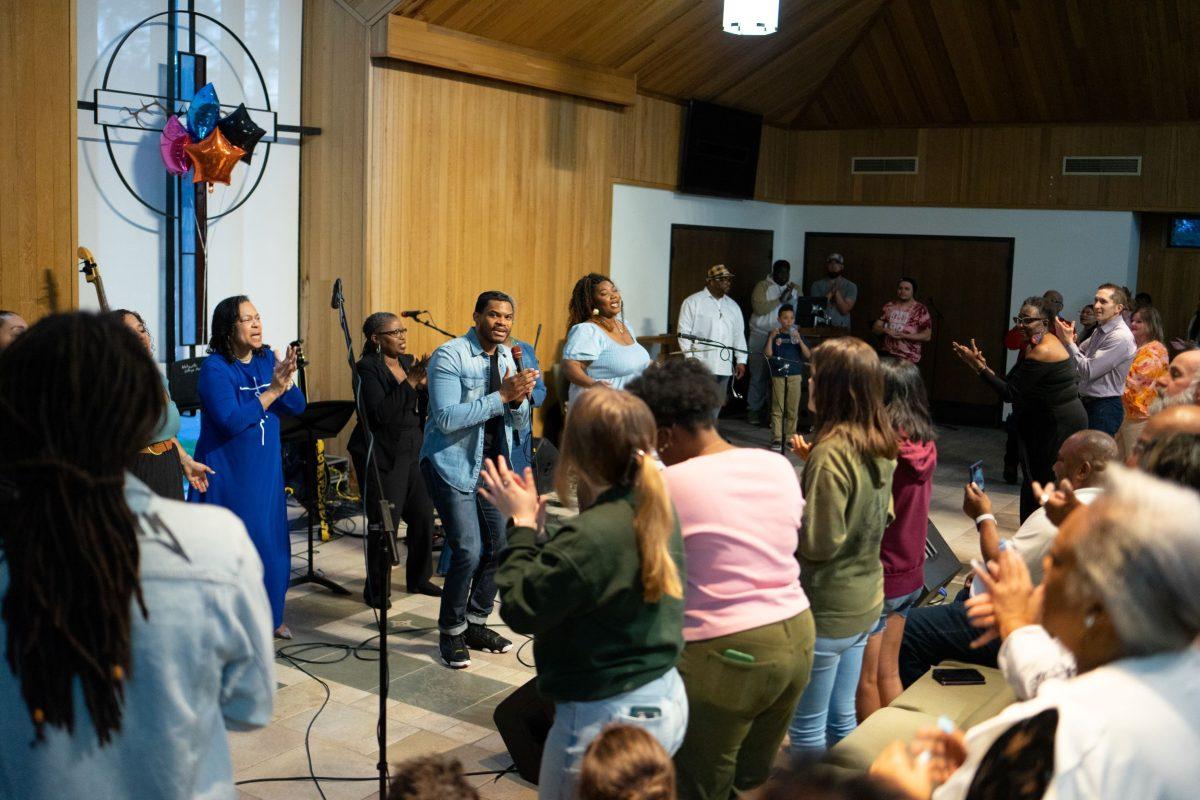Whitworth has adopted the changes in Title IX guidelines put into effect by the Trump administration.
“My perspective is they were not a lot of real sweeping overturning changes,” Craig Chatriand associate dean for community standards and compliance said. “It is important to note they are interim changes so they are temporary until more permanent changes could be put in place.”
In an interview with CBS News Education Secretary Betsy DeVos said the changes are a process and not an event.
The changes mainly focus on methods of resolution and standards of proof.
“The two biggest changes are that we are allowed to do what we would call informal resolution and included in that is meditation between two parties for resolution. The former guidelines said we were not allowed to do mediation and so the new guidance says we can,” Chatriand said.
Mediation occurs only if both parties agree on it, they will not be forced to do mediation. If both parties agree then the process will be conducted by a trained mediator, Chatriand said.
“We would never do mediation for instances of sexual violence and sexual assault, rape but I am happy that there is a mediation tool for the times where students will want to resolve it between themselves,” Chatriand said.
Mediation is used only in the case of sexual harassment not in the cases of sexual violence, Chatriand said.
The second change is on evidentiary standard used by institutions. Institutions now have a choice between using the preponderance or clear and convincing standard.
“Previous guidance said all institutions are supposed to use a preponderance of the evidence, that is more likely than not. The new guidance says we can use the preponderance standard or we can use what is called clear and convincing,” Chatriand said.
Preponderance of evidence is like 50 percent+1 while clear and convincing is more like a 75 percent, this is an easy way to explain it, Chatriand said.
“That change I don’t think is going to impact Whitworth. To my knowledge, we have always used preponderance of the evidence standard,” Chatriand said.
Title IX is important because it helps protect against sexual assault which happens and which cannot simply be ignored, senior Austriauna Brooks said.
“I think they are interim and temporary and I am interested to see what the more permanent regulations would say. There is some more clear guidance which is helpful as somebody who is trying to practically put this in place than what we had before. Our practice has already met these regulations so we are in the right spot as an institution in how to meet compliance,” Chatriand said.
Whitworth also works on prevention and education about sexual assault, harassment, and violence in cooperation with Green Dot.
“Green Dot is the program on campus that trains people to be active bystanders to prevent red dot situations where there could be violence. It is just training people to be more open-minded,” said Rhiana Everest, Green Dot program specialist.
“I think it is important for schools to be active with Title IX because I am sure there a lot of cases that go through but how many are reported into the stats?” Brooks said.
Conversations about sexual assault and violence are important to have because that is how awareness is raised, Brooks said.
Even though Whitworth is a Christian institution things do happen here and we should talk about them, Everest said.
“I feel like we should not pretend like these things don’t happen because they most certainly do. I think that we need to have more conversations because we are under this assumption that Whitworth is this bubble and everyone loves each other and this is a safe space but I think instead of being the safe space can you be a brave space and have the courageous conversations about what is actually happening on campus,” Brooks said.
The difference between sexual violence and harassment should be taught, Brooks said.
“People should take more Women and Gender Studies classes because that is where we learned about the differences in sexual assault, harassment, and violence,” Brooks said.
There is a need to raise awareness because people live behind “the pinecone curtain” here, Everest said.
“I would also encourage to confront sexist remarks when they hear them and learn about rape culture and how to work against that,” Chatriand said.
Students should attend Green Dot’s bystander training so that they know what to do when the situation arises, Chatriand said.
“When you are reacting to a situation that is happening we have what we call the 3 Ds. you can directly get involved, you can distract the people who are in the situation or you can delegate,” Everest said.
“Work to make the conversation around sexual assault more positive, making it so that people are not afraid to talk about it, encouraging people to talk about it in a way that is not triggering,” Everest said.












